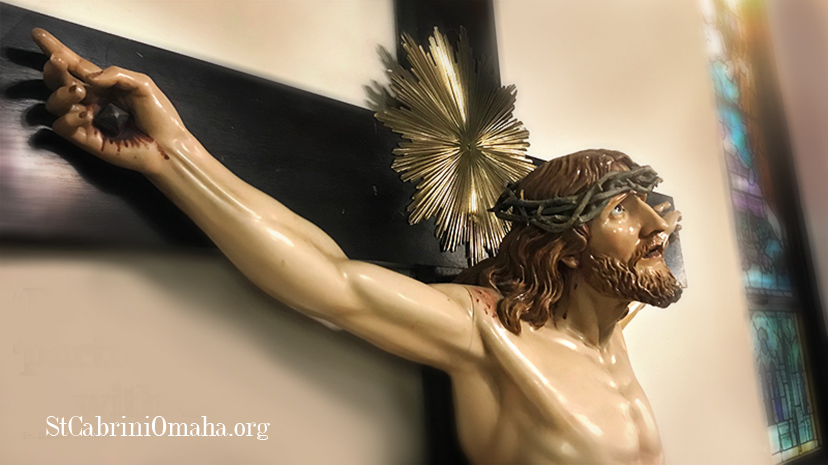Dear Friends,
Last week while searching for something to watch, I ran across a documentary on Amazon Prime about Dietrich Bonhoeffer. I’ve read a number of books about Bonhoeffer, but I’ve never seen the documentary. It was well done. You may know that Bonhoeffer was a Lutheran Pastor who was arrested for involvement with a group trying to assassinate Hitler. He was executed by Nazi forces near the end of the war. His struggle to figure out a moral approach for Christians in difficult situations is recorded in several of his books, most famously, The Cost of Discipleship.
Bonhoeffer was not only a pastor but a scholar who helped organize other pastors to work against the evils of the Nazi political machine. Their efforts spanned many years. In 1938 some of those pastors began to lose their careers because they would not take an oath to Hitler. Some did take the oath to Hitler and left the church movement that Bonhoeffer was working with.
Bonhoeffer began to despair and fell into a depression. Shortly after came Kristallnacht, where Jewish businesses were destroyed, and those who dissented from the oppression of the Jews were threatened with death. Overwhelmed by what was happening, Bonhoeffer got on a boat for the United States and returned to teaching in New York. However, he was unsettled. He wondered what one man could do against powerful political movements. His former love of New York faded. It all became bland and trivial. The need to be with the people in his homeland overtook his heart. He knew he had to return to his homeland and resist.
In a letter to fellow theologian Reinhold Niebuhr, he gave the following explanation: “I have made a mistake in coming to America. I must live through this difficult period of our national history with the Christian people of Germany. I will have no right to participate in the reconstruction of Christian life in Germany after the war if I do not share the trials of this time with my people…Christians in Germany will face the terrible alternative of either willing the defeat of their nation in order that Christian civilization may survive, or willing the victory of their nation and thereby destroying civilization. I know which of these alternatives I must choose; but I cannot make this choice in security.”
Bonhoeffer returned home and that resistance ultimately cost him his life. From prison he wrote a poem touching on the themes he was wrestling with. The final lines are powerful:
Who am I? They mock me, these lonely questions of mine.
Whoever I am, thou knowest, O God, I am thine.
Bonhoeffer knew that life was stronger than death, resurrection stronger than the grave, and his identity as belonging to God stronger than any names the Nazis had put upon him. Watching the documentary reminded me that God is always looking for people who are willing to live this way, in spite of the hopelessness around them. We do not live with the oppression of the Nazi political machine, but we do live in a culture that does not honor the values Jesus taught. Truly living the Gospel requires courage. The witness of Bonhoeffer’s life inspired me to examine whether or not I am acting in any way that requires courage. Or am I simply choosing the easy way by keeping silent?
How would things change if we, as a community, chose to embody the life Jesus longed to see in the world? What if it did not matter what our neighbors thought about us? What if the only thing that mattered was the truth the Gospel proclaims and the Kingdom Jesus came to establish? What if we lived as if that was worth giving our lives for?
Peace,
Fr. Damian



